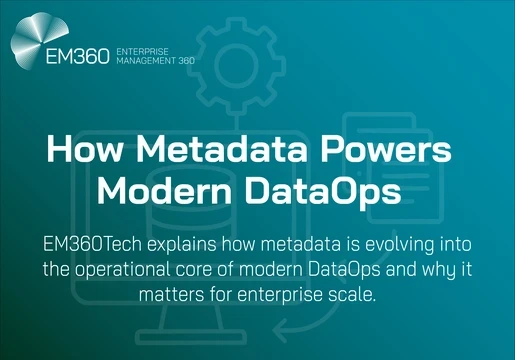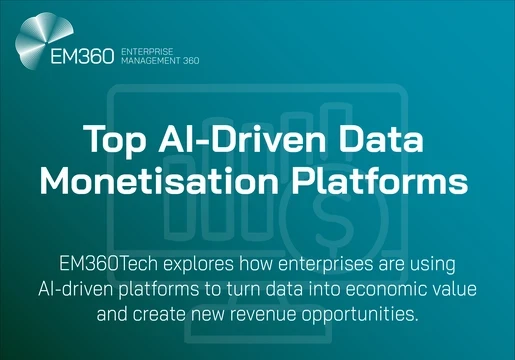Enterprise cloud spending will soar this year, according to a Forrester report. It is therefore evident that "cloud computing's advantages are becoming more accepted", as Gemini Data noted in their whitepaper.

The benefits of cloud computing
More organisations are now evaluating and adopting cloud strategies in some form. The whitepaper Building Intelligent, Hybrid Infrastructure with Security in Mind also highlighted that the "benefits of cloud computing are difficult to ignore." Companies are benefiting from capex free computing, lower costs, faster deployment, and on demand scaling. Nevertheless, security concerns often "trump these benefits" so more enterprises are adopting "hybrid strategies to keep data and critical information safe." In effect, the mitigation of security risks creates "a comfort level" amongst security and IT teams. According to Gemini Data, "smart organisations recognise these challenges" and are reducing risks by adopting a "hybrid" focused approach. A hybrid model combines the "inherent security of an on premise and private cloud infrastructure" with the flexibility of a public cloud. This enables companies to maintain strict security protocols and "test the capability of certain workloads in a constrained environment."
Using the cloud to protect data
The aforementioned benefits are both crucial elements to consider when creating a cloud strategy. However, compliance needs, corporate policies, and security measures can prevent an organisation from transferring data to a cloud environment. In order to tackle this, Gemini Data recommends a well thought out hybrid configuration. This allows "interoperability and unified management across infrastructure and applications, ensuring compliance with data security and privacy policies." When a business suffers a system failure or a data breach, it could lose valuable time. However, a solution that "considers resiliency, recovery, and contingency while making data and applications accessible with little to no downtime" could rectify this. A hybrid environment is integral to this, as it provides data insurance by replicating the data to a different location to the primary systems. As a consequence, hybrid infrastructure resiliency and data protection features can "mitigate downtime and accelerate disaster recovery."
Looking to learn more about data? Listen to our podcast with inspiring entrepreneur, coach and strategist Lillian Pierson







Comments ( 0 )